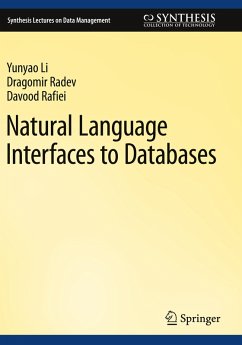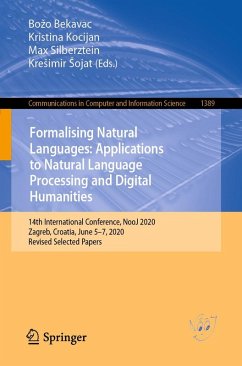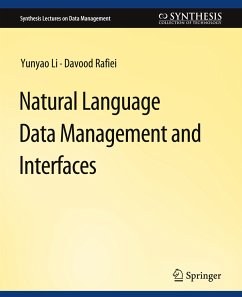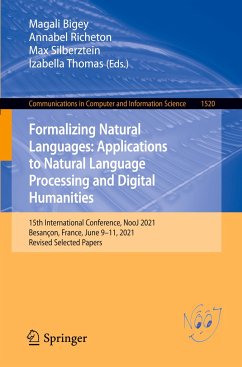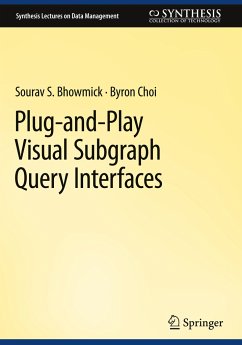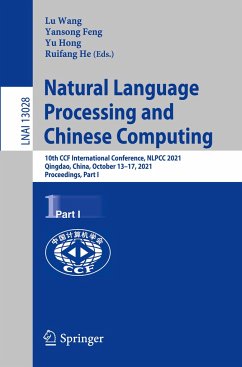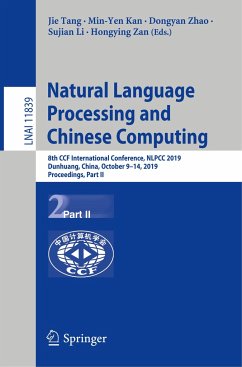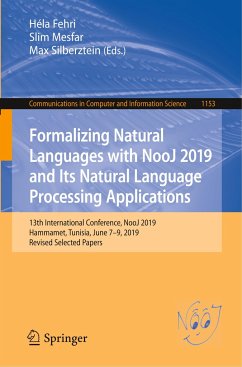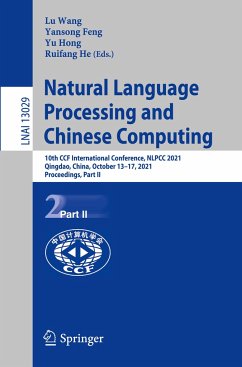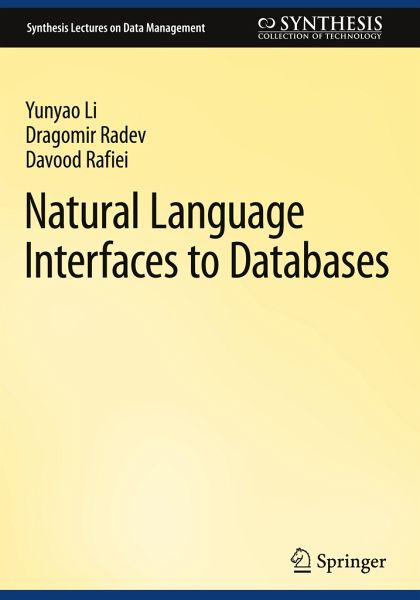
Natural Language Interfaces to Databases
Versandkostenfrei!
Versandfertig in 6-10 Tagen
31,99 €
inkl. MwSt.
Weitere Ausgaben:

PAYBACK Punkte
16 °P sammeln!
This book presents a comprehensive overview of Natural Language Interfaces to Databases (NLIDBs), an indispensable tool in the ever-expanding realm of data-driven exploration and decision making. After first demonstrating the importance of the field using an interactive ChatGPT session, the book explores the remarkable progress and general challenges faced with real-world deployment of NLIDBs. It goes on to provide readers with a holistic understanding of the intricate anatomy, essential components, and mechanisms underlying NLIDBs and how to build them. Key concepts in representing, querying,...
This book presents a comprehensive overview of Natural Language Interfaces to Databases (NLIDBs), an indispensable tool in the ever-expanding realm of data-driven exploration and decision making. After first demonstrating the importance of the field using an interactive ChatGPT session, the book explores the remarkable progress and general challenges faced with real-world deployment of NLIDBs. It goes on to provide readers with a holistic understanding of the intricate anatomy, essential components, and mechanisms underlying NLIDBs and how to build them. Key concepts in representing, querying, and processing structured data as well as approaches for optimizing user queries are established for the reader before their application in NLIDBs is explored. The book discusses text to data through early relevant work on semantic parsing and meaning representation before turning to cutting-edge advancements in how NLIDBs are empowered to comprehend and interpret human languages. Various evaluation methodologies, metrics, datasets and benchmarks that play a pivotal role in assessing the effectiveness of mapping natural language queries to formal queries in a database and the overall performance of a system are explored. The book then covers data to text, where formal representations of structured data are transformed into coherent and contextually relevant human-readable narratives. It closes with an exploration of the challenges and opportunities related to interactivity and its corresponding techniques for each dimension, such as instances of conversational NLIDBs and multi-modal NLIDBs where user input is beyond natural language. This book provides a balanced mixture of theoretical insights, practical knowledge, and real-world applications that will be an invaluable resource for researchers, practitioners, and students eager to explore the fundamental concepts of NLIDBs.



